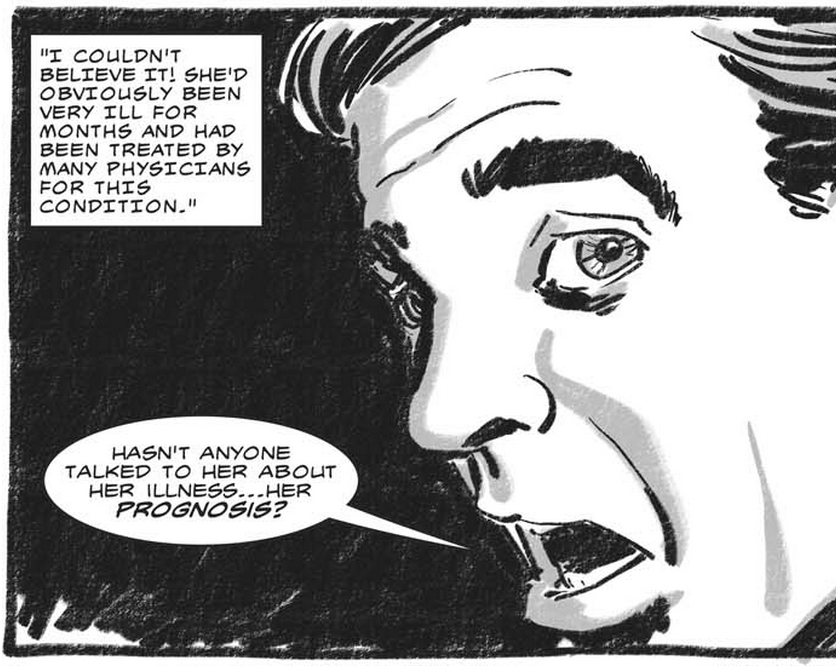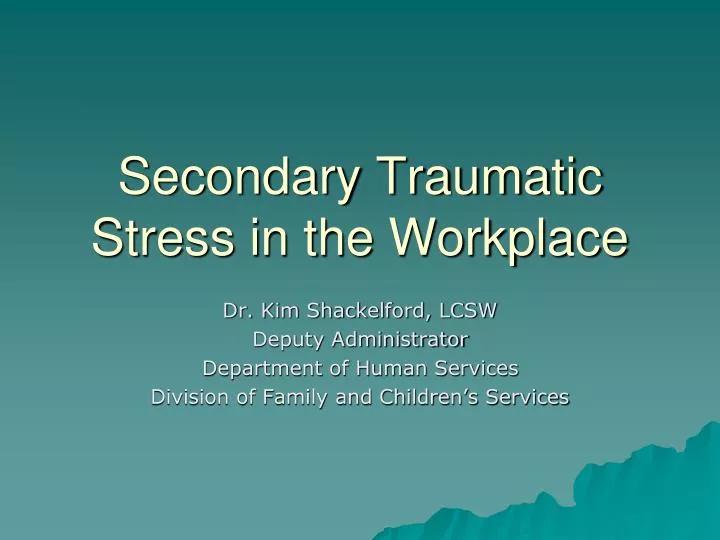

Secondary trauma can occur from service professionals like therapists or first responders, or from hearing the narrative of a loved one who through the trauma. According to Saba Harouni Lurie, LMFT and founder of Take Root Therapy, secondary trauma is a stress response in reaction to hearing about or being witness to the firsthand traumatic experience of another. Secondary traumatic stress is defined as experiencing indirectly a traumatic state of stress through trauma that was directly experienced by another person. If you’re feeling symptoms of secondary trauma, the American Academy of Pediatrics recommends: taking days off work when possible to spend time relaxing alone or with family and friends taking time to decompress before going home leaving work at work, including your computer getting enough rest. The following resources provide information about secondary trauma and ways to. A key finding was the paucity of research that exists on this topic. Secondary trauma aka compassion fatigue, vicarious trauma, or secondary traumatic stress occurs when someone is significantly impacted by someone else’s trauma. For presentations about trauma, its impact and trauma informed care for. An exception to this finding was observed for psychologists working directly with trauma, as difficulties resulting from the concepts of interest were indicated within this cohort. Professionals affected by secondary traumatic stress and related conditions such as vicarious trauma experience a variety of symptoms that may affect all. Constant tiredness, even after resting Physical body tension Emotional shifts. Keywords: secondary traumatic stress, indirect traumatization, costs of caring. Signs of Vicarious Trauma Exhaustion and physical ailments. Potential reasons for this are discussed. Toward a Mechanism for Secondary Trauma Induction and Reduction. The articles indicated that psychologists are not typically meeting the clinical threshold for the various concepts of interest, although a single representative figure could not be determined for this cohort. Eight articles were extracted for narrative synthesis.

Inclusion criteria required that psychologists were qualified and involved in therapeutic work. The following databases were searched as part of the review: PsycINFO, PsycARTICLES, Embase, MEDLINE, and Web of Science.

Psychologists are one such group, and the aim of the current systematic review was to investigate the prevalence of and variables associated with these concepts in psychologists. Certain professions who are exposed to hearing about traumatic experiences are at an increased risk of these difficulties. Secondary trauma, which is also often referred to as secondary traumatic stress, vicarious traumatization, and compassion fatigue are the negative consequences that occur when an individual hears about the traumatic experiences of another person.


 0 kommentar(er)
0 kommentar(er)
